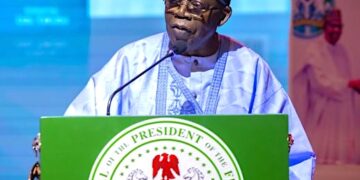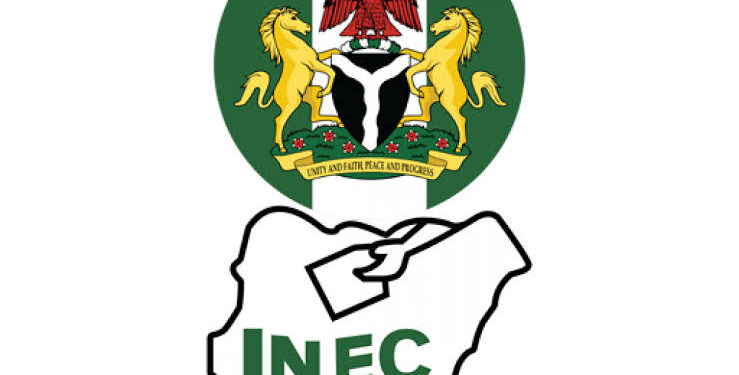By Nelson Ogbu, TRUEPOINTNEWS, Abuja
Ahead of the 2027 general elections, the National Assembly has proposed that the Presidential and Governorship elections be conducted in November 2026, instead of the usual February or March of the election year.
The proposal is contained in the draft amendments to the 2022 Electoral Act, which seek to ensure that elections into both offices are held not later than 185 days before the expiration of tenure of the incumbents — scheduled for May 29, 2027.
The plan came to light on Monday during a one-day public hearing organized by the Joint Committee of the Senate and the House of Representatives on Electoral Matters, where several stakeholders equally demanded the introduction of electronic voting and electronic transmission of election results.
According to the proposed Section 4(7) of the amendment:
“Elections into the office of the President and Governor of a State shall be held not later than 185 days before the expiration of the term of office of the last holder of the office.”
By this provision, the next presidential and governorship elections are expected to hold in November 2026, being roughly six months before the end of the current administration.
For legislative elections, the proposed Section 4(5) stipulates that polls into the National Assembly and State Houses of Assembly be conducted not later than 185 days before the date on which each House stands dissolved.
To address constitutional limitations, the Joint Committee explained that sections 76, 116, 132, and 178 of the Constitution would be amended to transfer the authority for determining election timelines from the Constitution to the Electoral Act.
Speaking at the hearing, Hon. Adebayo Balogun, Chairman of the House Committee on Electoral Matters, said the proposed amendment would help ensure that all election litigations are concluded before winners are sworn in.
“To achieve this,” he said, “we are proposing constitutional amendments that will reduce tribunal judgment time from 180 to 90 days, appellate court decisions to 60 days, and Supreme Court judgments to 35 days — all within the 185-day framework before swearing-in.”
The proposed reform also introduces early voting, which will allow specific categories of voters — including security personnel, INEC officials, accredited journalists, election observers, and ad-hoc staff — to cast their ballots up to 14 days before the general election.
Other key amendments include mandatory electronic transmission of results, reduced dependence on the Permanent Voter Card (PVC) as a voting prerequisite, and stiffer penalties for electoral officers who breach election procedures.
Under the proposed Section 60(5), presiding officers are required to transmit results both electronically and manually. Failure to comply, or distributing unstamped ballot papers and results sheets, would attract a one-year jail term, a ₦1 million fine, or both.
Representatives of the Independent National Electoral Commission (INEC), including Professor Abdullahi Zuru, expressed support for the proposed changes, describing them as steps that would enhance transparency, accountability, and confidence in Nigeria’s electoral system.




































